1. Iowa Public Libraries

A controversial state law banned all school library materials that discuss gender identity or sexual orientation. A federal judge partially blocked the law, but only after dozens of titles had already been pulled from school and public shelves. The damage was done long before the injunction. Books were boxed up and readers were left without access.
Even though the courts have stepped in, librarians say they’re still unsure what’s allowed. No one wants to risk penalties for making the wrong call. This legal gray zone has effectively frozen parts of their collections. And that’s exactly what censors count on: confusion and fear doing the work for them.
2. Rutherford County Library System, Tennessee

This county library board recently passed a policy banning any material that “promotes, encourages, advocates for or normalizes transgenderism or ‘gender confusion’ in minors,” targeting LGBTQ+ content out of concern for younger readers. That means books dealing with gender identity have been removed or flagged, even though each title is supposed to be reviewed individually. Local librarians and community members immediately voiced strong opposition, calling the move discriminatory and unconstitutional. It’s a fresh example of how school and public libraries are increasingly pressured to erase queer stories—not in secret, but via official board policy.
This case is particularly dramatic because it uses vague language that lets the board define what “normalizing” means on a book-by-book basis. Librarians are now caught between potential legal risks and the principles of intellectual freedom. Parents and local activists are organizing to reverse the policy in upcoming meetings. The whole thing shows how quickly a library system can shift from inclusive to exclusionary—sometimes overnight.
3. Montgomery County Public Library System, Texas
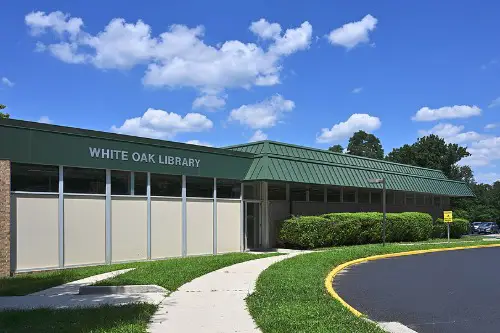
The director of Montgomery County’s public libraries was recently fired after opposing conservative activists pushing to remove LGBTQ‑themed titles. She refused to reclassify or restrict access to these books, even when a Citizen Review Committee demanded it. That led to her dismissal in January, sparking an employment dispute and legal action over whether political influence trumped professional judgment. Community members and staff say it wasn’t about ignoring policy—it was about guarding the integrity of library collections.
This case illustrates how library leadership can become collateral damage in censorship battles. It wasn’t a dispute over one title but about who gets authority over entire categories of books. The storyline is familiar: a librarian stands firm, local officials react, and suddenly it’s a legal showdown. And while it’s playing out in court, the books—and the trust—remain in limbo for readers in the system.
4. Fairhope Public Library, Alabama

This library faced the sudden loss of about $42,000 in annual state funding after conservative groups objected to books on teenage sexuality and gender placed in the teen section. Despite relocating some titles and implementing parental approvals, the state library service still pulled their funding. In response, a grassroots group raised the full amount in just days, showing strong community support. The city council also stepped in to back the library locally, making it clear that residents didn’t want politics determining their shelves.
It’s a striking case because it’s not just about removing books—it’s about weaponizing budgets to enforce censorship. Librarians ended up caught in a tug-of-war between guidelines, funding, and values. And even as the financial lifeline was restored, the chilling message remains: funders can dictate content. It’s a bold reminder that even adult decisions about teen reading can ripple into major political and financial consequences.
5. Public Libraries Across Texas
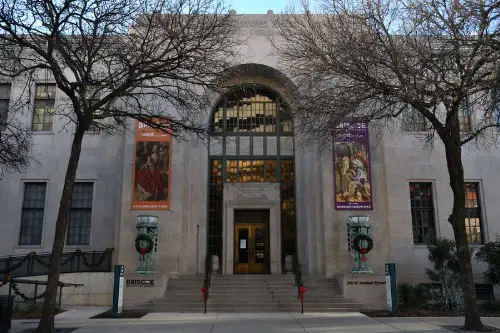
New state rules are forcing libraries to pre-approve materials for minors and segregate sections more strictly. These laws sound protective on the surface but end up limiting what young readers can access, especially in underfunded or rural areas. Librarians say the process is vague, time-consuming, and heavily politicized. The result? Fewer books, more red tape.
The irony is that most parents already trust librarians to make age-appropriate choices. Now those same librarians have to jump through hoops to prove every book’s worth. And when there’s doubt, it’s safer to pull a book than defend it. That creates shelves that are thinner, less diverse, and a lot less honest about the real world.
6. Connecticut Public Libraries
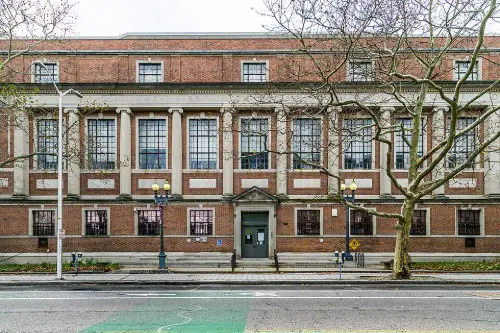
While some states are cracking down, Connecticut is trying to protect librarians by shielding them from legal fallout. A proposed bill would make sure they can’t be sued or criminally charged for keeping challenged books available. It’s a proactive step in a state that’s already seen rising numbers of book complaints. The message is clear: let librarians do their jobs without fear.
It’s a rare bright spot in a national trend of censorship. Instead of reacting to pressure, the state is trying to stay ahead of it. Librarians feel like they have a target on their backs, and this is one way to offer some cover. The hope is that this kind of legislation spreads elsewhere before bans escalate further.
7. Huntington Beach Library System, California

A few city council members tried to take control of the local library’s book list—and actually removed more than 100 children’s and LGBTQ+ books. The backlash was swift. Voters ended up blocking the council’s efforts and restoring power to the librarians. It was a community-wide fight over who decides what stories kids can read.
This kind of localized censorship can fly under the radar until it explodes. Here, the public stood up and said no. But the fact that it even got that far shows how vulnerable libraries can be to political influence. Even in California, book bans aren’t just theoretical—they’re very real.
8. Louisiana Public Libraries
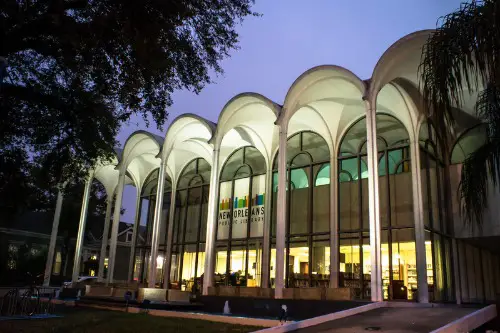
A new state law now requires public libraries to track parental consent for kids accessing books that might be considered “sexually explicit.” Libraries had to completely overhaul their checkout systems, creating age-based restrictions. But what counts as explicit is vague and subjective. Some librarians are worried it’ll be used to quietly sideline LGBTQ+ titles or coming-of-age stories.
This creates a chilling effect—not just on what kids read, but on what libraries feel safe carrying. No one wants to lose funding over a book. And many parents feel like their rights are being outsourced to legislation. For now, libraries are adjusting, but the cultural impact could be long-term.
9. Fairfax County Public Libraries, Virginia

A few years ago, a high-profile challenge to a graphic memoir led to its temporary removal from school shelves. It was eventually restored—but the drama set off a wave of scrutiny. Now librarians and school boards across the state are more cautious about what they carry. They’ve even expanded digital e-cards for students to help sidestep controversy.
This kind of workaround shows how complicated the situation has become. The book didn’t vanish, but access became more limited and less visible. It’s not a ban on paper—but for many students, it still feels like one. That’s the subtler form of censorship creeping in.
10. Katy Independent School District, Texas
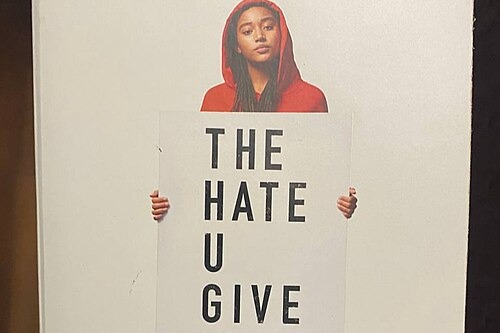
This district made headlines by pulling The Hate U Give, claiming it had offensive language and anti-police themes. They weren’t alone—several other districts followed suit with books that explore race, justice, or protest. It’s part of a larger effort to “sanitize” content for students. And it’s happening even in diverse, high-performing schools.
Removing books like this sends a clear message: certain realities are too uncomfortable to discuss. But for students, especially those who see themselves in these stories, it’s a painful loss. These aren’t just books—they’re mirrors and windows into real-life experiences. And when they disappear, so does the chance to understand them.
11. Brooklyn Public Library’s Nationwide e-Card
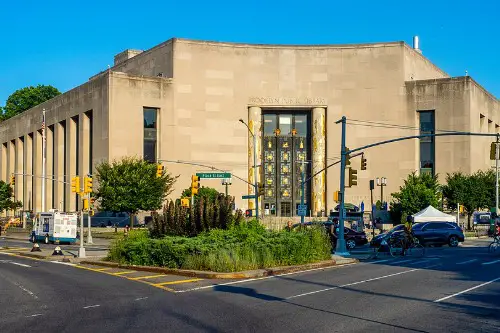
In a bold move, Brooklyn Public Library started offering free digital cards to teens across the country. It’s a direct response to the growing number of states and towns banning LGBTQ+ books and other “controversial” content. Anyone aged 13–21 can now access a huge collection, no matter where they live. It’s a workaround, but it’s working.
This isn’t just generous—it’s rebellious in the best way. While other systems restrict, Brooklyn expands. It’s a reminder that access is a right, not a privilege. And it’s giving young people a chance to read freely, even when their local shelves are empty.
12. National Publisher Lawsuits
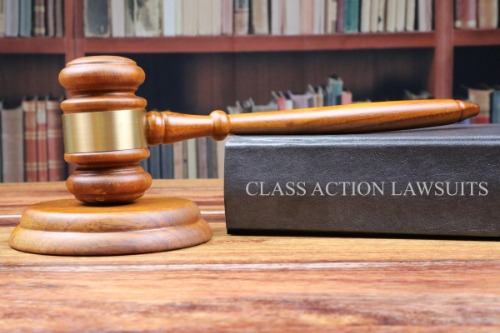
Several major publishers have filed lawsuits against state laws they say are restricting free expression. These laws require schools and libraries to remove or restrict books with LGBTQ+ content or sexual themes. The publishers argue the rules are too vague and create a climate of fear. It’s a legal showdown that could redefine library policy nationwide.
Libraries caught in the middle are waiting for clarity. Many have already started pulling titles just to avoid trouble. But if the lawsuits succeed, it could turn the tide back toward access and openness. For now, though, the battle continues—in the courts and on the shelves.
This post 13 Public Libraries Facing Book Bans Right Now and What’s Really Getting Pulled was first published on American Charm.


